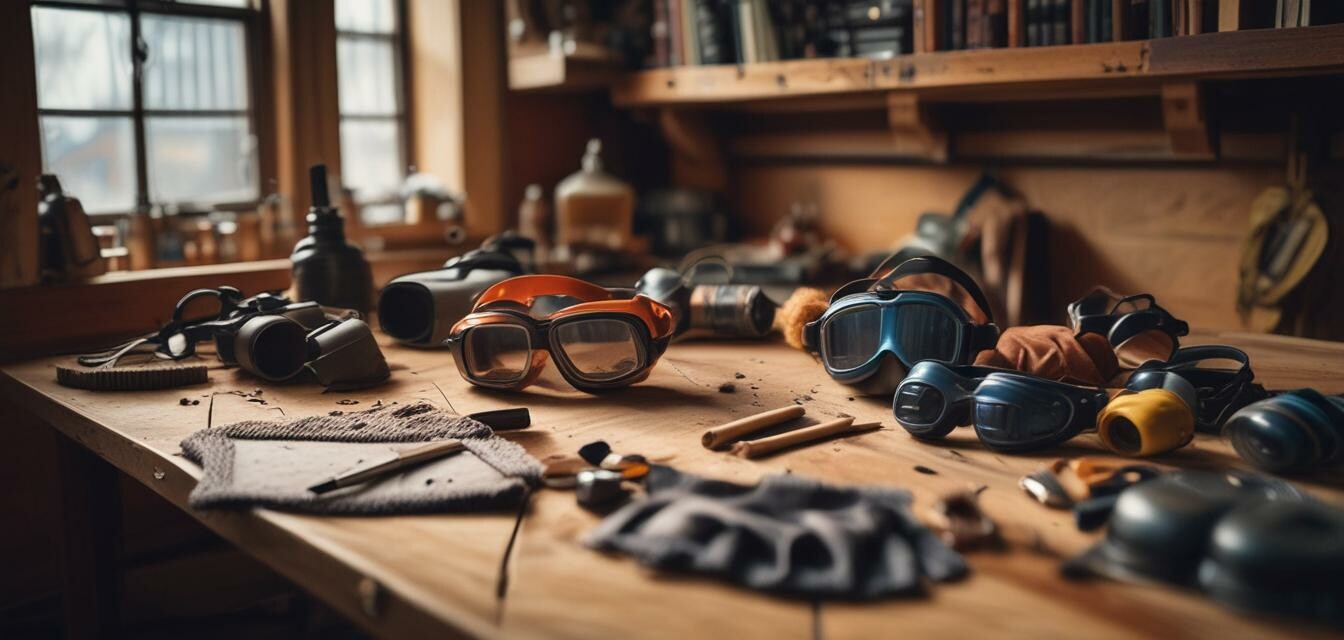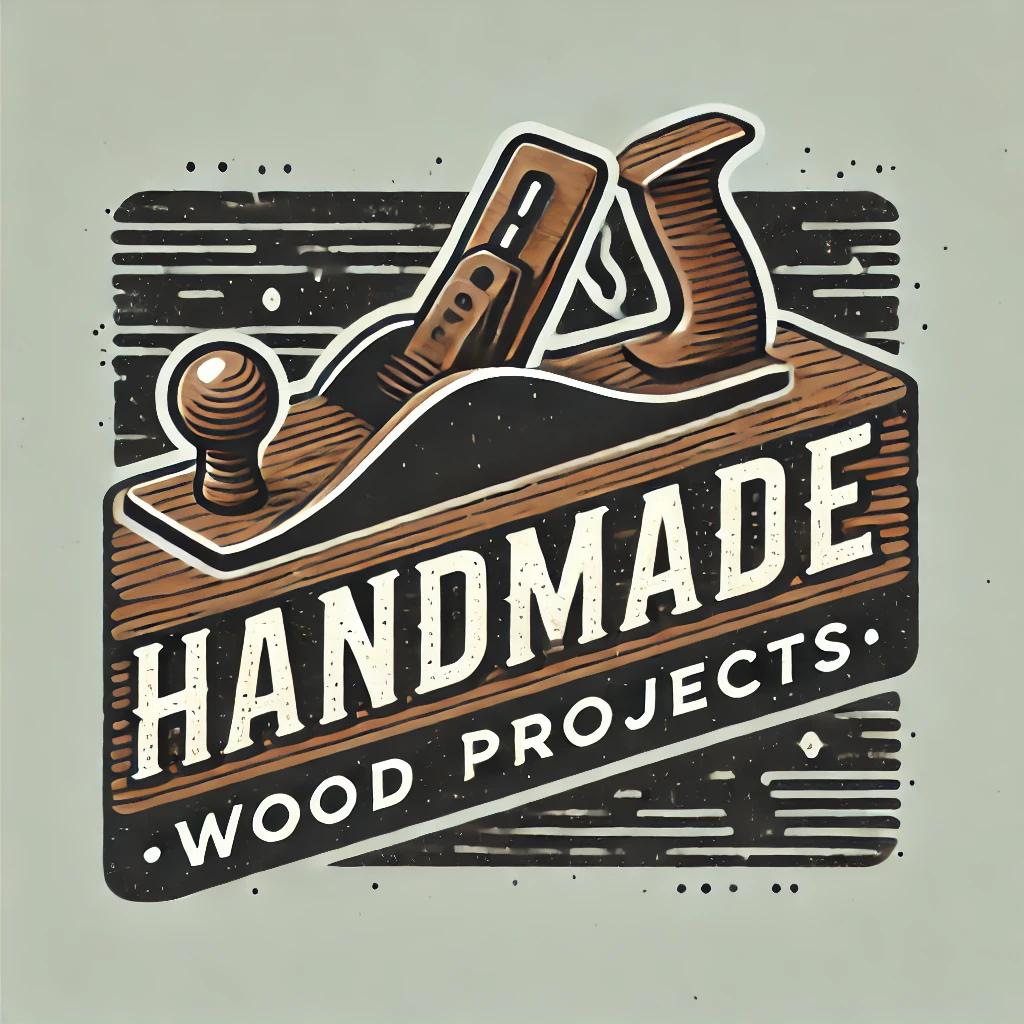
Essential workshop safety gear for woodworkers
Key Takeaways
- Workshop safety gear is vital to prevent injuries while woodworking.
- Investing in quality safety glasses, gloves, and hearing protection can enhance your safety.
- Understanding the certifications of safety equipment ensures that you choose the right gear for your needs.
- Comfort and fit are critical in ensuring consistent use of safety equipment.
Woodworking is a rewarding hobby or profession, but it also comes with its risks. To ensure a safe working environment, it's essential to invest in the right safety gear. This guide will explore the necessary equipment, provide recommendations, and highlight features to look for when purchasing safety gear.
Why is safety gear important in woodworking?
Woodworking involves the use of heavy machinery, sharp tools, and potentially harmful materials. Investing in proper safety gear helps to:
- Protect yourself from injuries caused by flying debris, splinters, or chemical exposure.
- Enhance comfort and focus while working, which can lead to better craftsmanship.
- Comply with safety regulations to maintain a safer workspace.
Essential safety gear for woodworkers
The following sections will outline the essential personal protective equipment (PPE) every woodworker should consider:
1. Safety glasses
Protecting your eyes is paramount when woodworking. Look for safety glasses that offer fog resistance and fit comfortably over prescription glasses.
Investing in high-quality safety glasses can make a significant difference in protecting your eyes from injuries.
Recommended Product
NoCry Anti Fog Safety Glasses
Discover crystal-clear vision with these antifog safety glasses, designed to fit over most eyeglasses with 100% UV protection.
More Details2. Ear protection
Many woodworking tools can reach sound levels that are harmful to hearing. Foam earplugs or earmuffs are great options to consider.
- Choose products that provide noise reduction ratings (NRR) of 20 dB or higher.
- Earmuffs can be more comfortable for extended use, especially in noisy environments.
3. Dust masks or respirators
Woodworking produces dust that can be harmful when inhaled. Proper respiratory protection is essential to keep your lungs healthy while crafting.
- Choose a mask with a particulate filter for everyday use.
- Opt for a respirator for more extensive projects involving chemicals or fine dust.
4. Gloves
Using gloves can protect your hands from cuts and scrapes. Look for gloves designed for gripping and providing dexterity for handling tools.
5. Aprons and clothing
Wearing appropriate clothing can also enhance safety in your workspace:
- Wear snug-fitting clothes that won't get caught in machinery.
- Choose materials that will not easily catch fire if exposed to sparks.
Choosing the right safety gear
When selecting safety equipment, consider the following:
| Feature | Safety Glasses | Ear Protection | Dust Masks |
|---|---|---|---|
| Fog Resistance | Yes | No | No |
| UV Protection | Yes | No | No |
| Noise Reduction Rating | N/A | 20-30 dB | N/A |
| Particle Filtration | No | No | Yes |
How to maintain safety gear
Regular maintenance of your safety equipment ensures longevity and effectiveness:
- Clean safety glasses regularly to maintain visibility.
- Replace earplugs and dust masks as recommended by the manufacturer.
- Store your gear in a dry, safe location to prevent damage.
Conclusion
Investing in quality safety gear is crucial for any woodworker. From safety glasses to hearing protection and dust masks, ensuring you're properly equipped will help you focus on what you love—creating. Explore our other resources:




